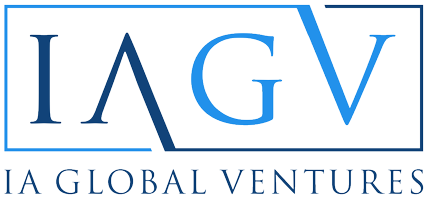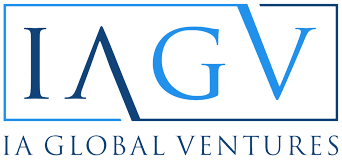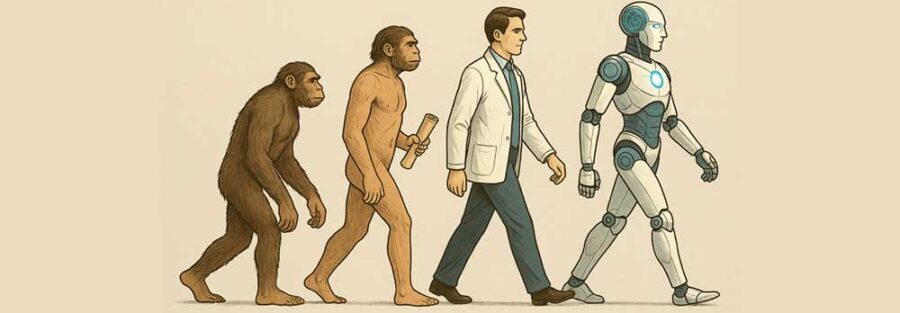As AI begins to inherit knowledge at species-level scale, investors and innovators must rethink what it means to compete—and to stay relevant.
Our Original Advantage
For most of human history, Homo sapiens held an extraordinary edge over every other species: the ability to record and transfer knowledge across generations.
This meant we didn’t need to start over with each new generation. Fire, agriculture, law, mathematics, aviation—these weren’t isolated inventions, but the result of compounding knowledge, stored in stories, books, rituals, and code. As Yuval Noah Harari observes in Sapiens, this capacity to share knowledge beyond a single lifetime is what made us dominant.
Where other species learned by trial and error in real time, we learned over centuries. Human culture and progress emerged from this single ability: to ensure knowledge didn’t die with its host.
A New Kind of Learner
But something is shifting.
Last month, I rode in a Waymo self-driving car for the first time. It drove better than any human I know—smooth, cautious, and remarkably aware. I turned to my son and said, “In my life, I’ve probably spent 15,000 hours driving. All those hours taught me how to stay alive behind the wheel.”
For a human, that’s a lot of experience. For Waymo, it’s a rounding error.
Each of Waymo’s 1,500+ vehicles is continuously learning—not just from its own driving, but from every other car in the fleet. When one car encounters a complex intersection or an unpredictable pedestrian, the learning is shared instantly across the entire system. What takes a human 15,000 hours, the system achieves in ten.
From Recorded Knowledge to Inherited Intelligence
This isn’t just better data sharing—it’s a fundamentally different model. We once led because we could record knowledge. AI systems, by contrast, inherit it. They’re not learning like humans; they’re learning like species—with perfect memory, instant replication, and no ego.
Each generation of AI is born at the cutting edge, carrying the full weight of what came before. No human has ever started that way.
What Happens When AI Scales Intuition?
Now, extend this beyond autonomous vehicles.
An AI radiologist can be trained on millions of medical images in hours—more than a human doctor might see in a career. An AI software engineer can analyze and improve upon every open-source repository on the internet. Strategists, analysts, and even creatives are beginning to scale their intuition with the same velocity.
Where we once believed that wisdom came with age, in this new paradigm, wisdom comes with bandwidth.
A New Species-Level Competitor
This raises a provocative question: if the defining feature of Homo sapiens was our ability to pass knowledge forward, what happens when something else does it better?
For the first time, we face a species-level competitor in the domain we once monopolized. That doesn’t make humans obsolete—but it does redefine our role. We’re no longer the sole bearers of intelligence. We are now curators, collaborators, and stewards of something that learns faster than we ever could.
The Challenge Ahead
The real question isn’t whether AI will surpass human capability.
It’s whether we can evolve fast enough to remain relevant in the world we’ve created.



